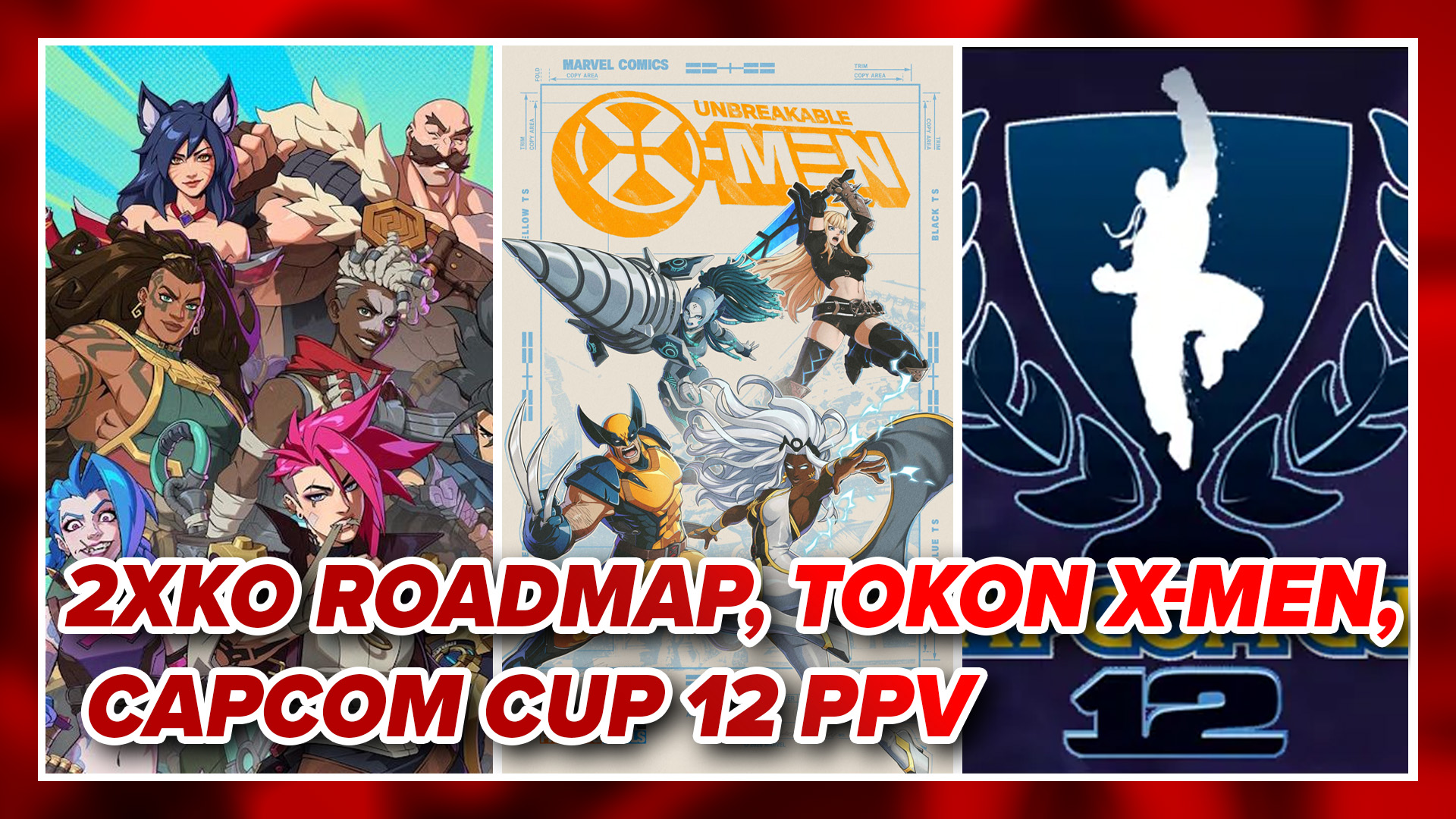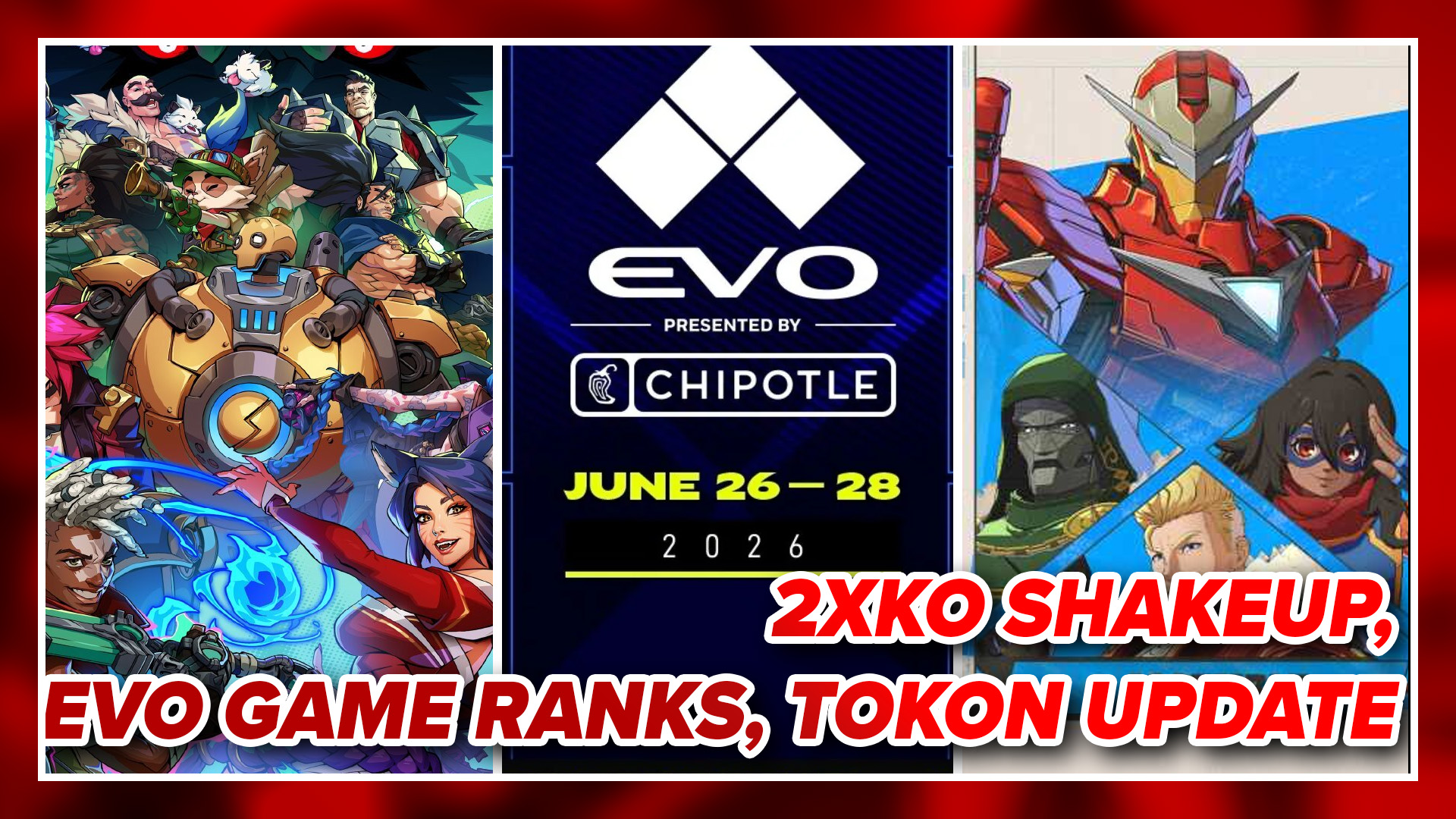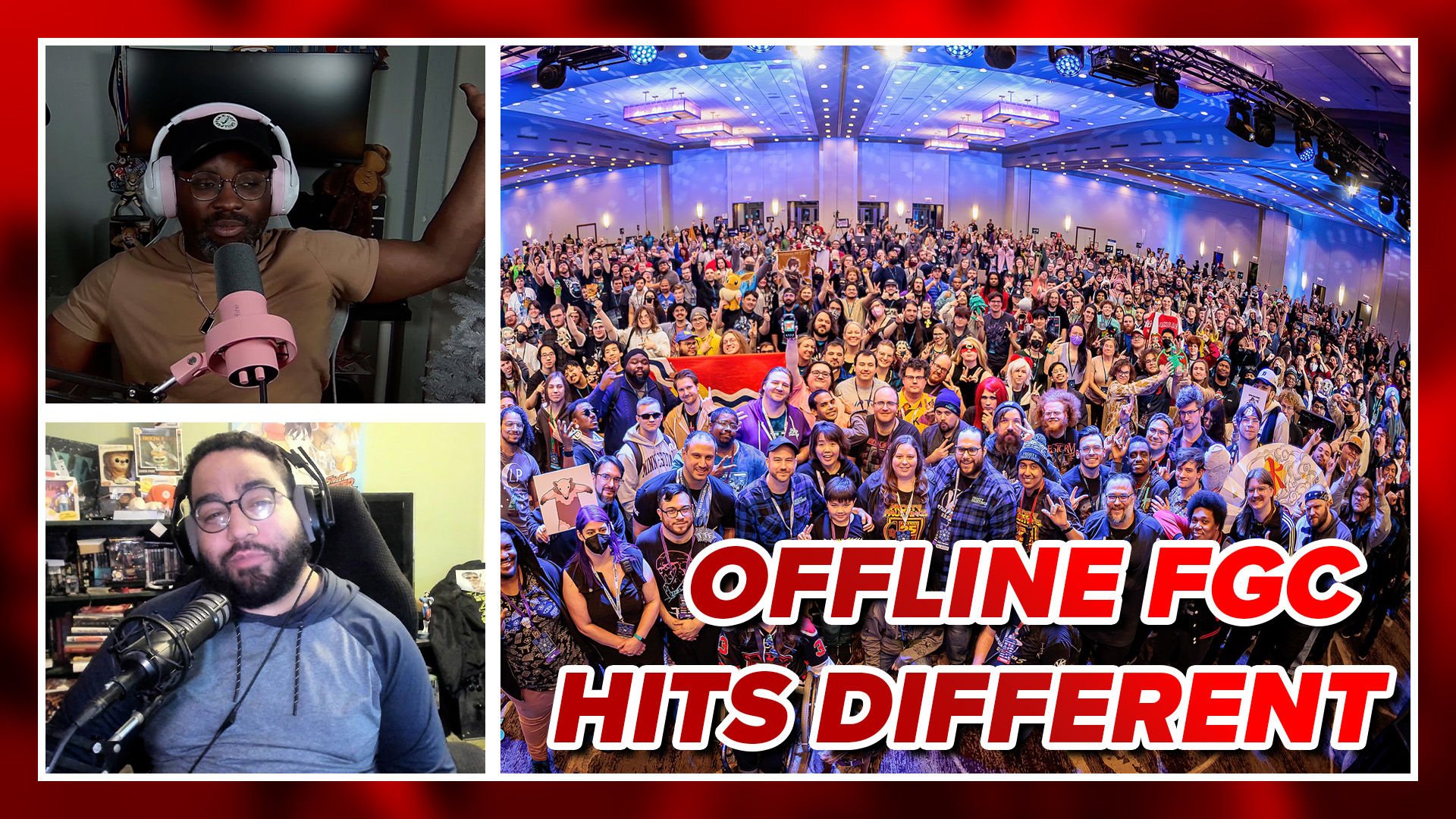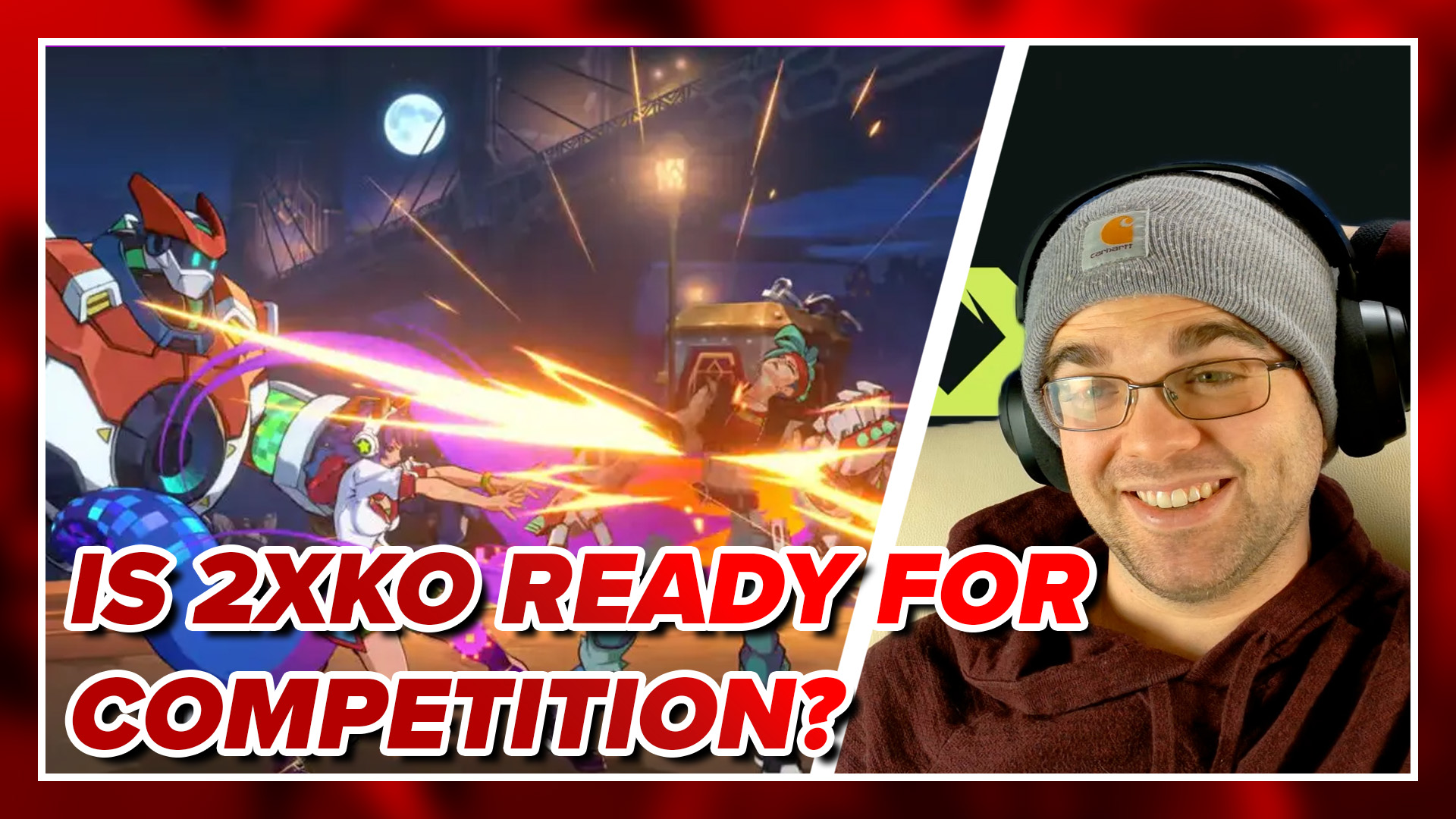
If you were to sit down and play Castle Crashers, Scott Pilgrim Vs The World, all of the Final Fights, every Streets of Rage, and then cap the night off with King of Dragons, you’d probably still come short of the total play time for Fist Puncher. I have never played a beat-em-up as long as Team2Bit’s Fist Puncher before in my life. The game never seems like it’s going to end, and while it’s pretty cool how much game you’re getting for your money, this isn’t something you’re going to want to try playing all in one sitting. Fist Puncher can be fun in hour long doses, but playing it for any longer than that makes a lot of the genre’s more annoying issues show up.
Beat’em-ups (seemingly by their very nature) are in constant danger of being accused of being repetitive, and the best games in the genre get around this in different ways. Turtles in Time, arguably the best beat’em-up of all time (Castle Crashers came close), has some interesting moves you can do to the enemies, tons of level variety, short stages that don’t overstay their welcome, and interesting bosses. Castle Crashers does a lot of the same things while also adding fantastic music and an intricate leveling system that rewards you for killing guys. Fist Puncher does many of these things as well, but with varying amounts of success.
There is an experience system in the game — something that goes a long way to alleviating some of the tedium of beating up hundreds of guys. The system is actually pretty fast paced, too, giving you a level up about once every stage. It gave me a little something to look forward to every time I started to get sick of what I was doing. For gaining a level, you get two points to add to your strength, defense, special, speed, and unique attack. The meters for these are quite long, taking about ten levels or so to fill each, and the only reason I feel any need to mention that is because filling these meters doesn’t seem to actually do all that much.

Let me explain. In Scott Pilgrim vs The World I would start out by maximizing my strength so that I could tear through the enemies. I was a glass cannon, but that’s how I wanted to play. I tried for the same plan in Fist Puncher, shoving every point I had into strength so that I’d hit like a truck. At the start of the meter I think I was doing three damage per punch. With a maxed-out meter, ten levels worth of progress, I was doing five damage per punch — Two points increase. I thought it might have just been a nuance of my character, but I gained a few levels with a few other characters and found their damage increases were pretty much the same. Now, I’m assuming since you gain levels so quickly that the developers didn’t want you to break the game too fast, but I would have liked some noticeable improvement in my character if I fill up his strength bar. I should be able to take a max level character and clean house on the first stage, not finish it slightly faster than the first time I entered it.
This may also be because of the amount of characters you can choose in the game. There are fifteen characters you can choose from and switch to between stages, and they don’t gain experience unless you use them. Since the leveling doesn’t make a whole lot of difference, though, you can feel free to switch to one of them at any point in the game and it won’t make a huge difference. It’s nice that they balanced the game so that you could take a new character into a late level and not have a whole lot of trouble, but it still makes the experience system feel pointless.
The perk system helps it out a bit. You gain a new perk every few levels, with these giving you new special abilities like healing yourself or being able to block bullets. The ability to heal yourself is a must since you’ll be getting pounded over the course of the game, and the one that fills your special meter when you land a twenty-five hit combo helps a lot too. Anything you can do to increase your health or give yourself more life in the game is worth investing in, although I found I didn’t much use or need any of the other perks. After a short time, I had trouble choosing which perk I wanted because none of them seemed useful. They’re nice when you gain the occasional health ability, but those were the only really useful ones.

Getting back to the fifteen characters. You only start with four of them, and can gain more by playing through optional areas in the game or by finding secrets. I had twelve characters just from playing every stage I could see, and as of this review still don’t know how to get the other three. It’s nice to have this variety of characters since the leveling system is pretty dull, and they also provide a variety of move sets to make the game’s combat more interesting. The characters themselves are kind of neat, with Dr. Karate and the Beekeeper being my personal favorites. Those two characters lead me to believe that things would only get weirder, but to be really honest, the characters I’ve unlocked all seem pretty plain. I know many come from Kickstarter backers who paid to be in the game, but they just seem to lack the weird sense of humor that permeates the game. The ones I’ve found are visually boring.
They do add something more to combat. The initial characters have some cool moves like being able to launch homing bees at the enemies or kiss them to make them fight for you. Other characters can use freezing guns or just plain old handguns to clear out the enemies, or a kick that shoots forward. A lot of the moves for the hidden characters were variants or straight up copies of each other, though, so not every unlocked character is going to add something new. I’m guessing this was the only way to balance the game with this many characters, but when the characters themselves aren’t that fun to look at, you’re starting to lose the one reason you had for people to switch characters often. If they look boring and act similar to another character, there’s not much reason to bother switching.
No matter who you’re playing as, basic combat is relatively simple. You have a kick, punch, grab, jumping kick, stomp, and your special moves. The punch is a quick attack and the one I used the most, followed up by the jump kick when the game filled the screen with enemies. The stomp is really useful for when guys go down, and is a welcome addition to the genre. Why I haven’t been allowed to kick a guy when he’s down in these games before I’ll never know. Anyway, I used those three attacks for the entire length of this huge game; sprinkling in a few special moves whenever my special meter was full (it regenerates, thankfully).

I may have thrown three kicks and grabbed maybe two guys in total, and that’s because it really isn’t viable to do either of them. The smallest group of guys you’ll run into is three, and kicks and grabs are just too slow to land even on one guy a lot of the time. The enemies are all relatively quick in the game and will attack if you’re taking too long to hit them. You really need to keep moving, especially when you hit the groups of twenty to thirty that show up at the end of the game. You need to spend a lot of time using your specials, punching, or jump kicking, and any other moves just felt too slow to be useful by the end of the game.
On top of that, the enemies are only stunned by the first hit of any combo that lands. This was the thing that bugged me the most about the game, and reminded me of the days of arcade beat’em-ups. Hitting someone will stun them and allow a few hits, but it only does so for a short time and then the enemy will become temporarily immune to being stunned. This means that you’ll often think you’re doing well and pounding on one guy, but then he’ll just kick you right in the middle of your combo. I could see this being useful to keep you from just beating on a guy who couldn’t fight back, but again, the game throws huge groups of enemies at you at once. Also, it’s really hard to see the visual cue that tells you when your target isn’t stunned anymore, so you’ll often find out he’s no longer locked up when he hits you back.
I resolved the previous issue by doing a lot of jump kicking. When there’s twenty enemies on the screen at once, you need to be moving around a lot anyway. You’d never know when you were about to get counterattacked if you didn’t. The problem with that is that it makes the game pretty boring. I felt like these huge groups could only be handled by jump kicking since it was the only thing that wasn’t going to get me mobbed to death. I could only do my special move a few times to clear the air, but I had to save a lot of my special meter for my health recovery ability since my moves weren’t doing any extra damage despite my leveling. It felt like, for every way this game was built to be balanced, it just made it that much harder to play with any variety. By the end of the game I was just jump kicking my way through every screen and wondering why I was even bothering.

If you thought it would be enemy and boss variety would keep me interested, it didn’t. There are a lot of visual variants on the enemies, giving the game this feeling that there should be dozens of enemy attack routines, but they all fight the same way. It’s like playing through an entire game where the only enemy is Bred from Final Fight (which may be the funniest name in all video games). Sometimes Bred has a weapon, can do a single special move (female enemies), or is bigger, but beyond that it all feels exactly the same. Early beat’em-ups didn’t always have a lot of variety in enemy attacks, but even Teenage Mutant Ninja Turtles II: The Arcade Game on the NES had dozens of foot soldiers with differing attacks.
The bosses are no better. They’re all just huge versions of the basic enemies, but often with no special attack thrown in. They can grab you in mid-air if you jump kick and charge across the screen, but that’s typically their only move. One of them can teleport and one can throw knives, but the rest of the bosses across the fifty levels almost all act the same. I was originally impressed that almost every level had a boss, but after seeing how much repetition there was in the boss moves, I lost a lot of interest. There are maybe four bosses with unique attack routines, and they were actually fun to fight, but for the most part it feels like you’re playing through the exact same level doing the exact same thing and fighting the exact same boss.
The one place the game does a good job of eliminating repetition is in its levels and character designs. The visuals are fun, showing a pixel-art style that was closer to Leisure Suit Larry than River City Ransom. There is a ton of variety in the designs, leaving you fighting agents, robots, soldiers, businessmen, derby girls, and nudists. Seeing the enemies was far more fun than fighting them, and it was the same deal with the bosses. The bosses look a little funny because they seem to have the same pixel count as the regular guys but are the size of the screen, but they all have their own appeal. The stages themselves also went to dozens of different locations; something that kept me interested and playing over the game’s fifty stages.
Looks weren’t enough to salvage the game, though. The game’s issues are all ones that didn’t bother me when I played in small doses or with a friend, but they were nothing I wanted to face for an extended period of time. The game feels like it had the artwork to flesh out fifty stages, but lacked the gameplay to fill it. It really, really feels like you’re pretty much playing the same stage over and over again, and without any leveling system or large differences between the characters, I felt no inclination to play it for long. It’s fine enough in small doses and can be quite enjoyable if you just want to beat on some bad guys, but it doesn’t take long before the goodwill the game’s art design earns wears away, leaving only the dull game underneath.




